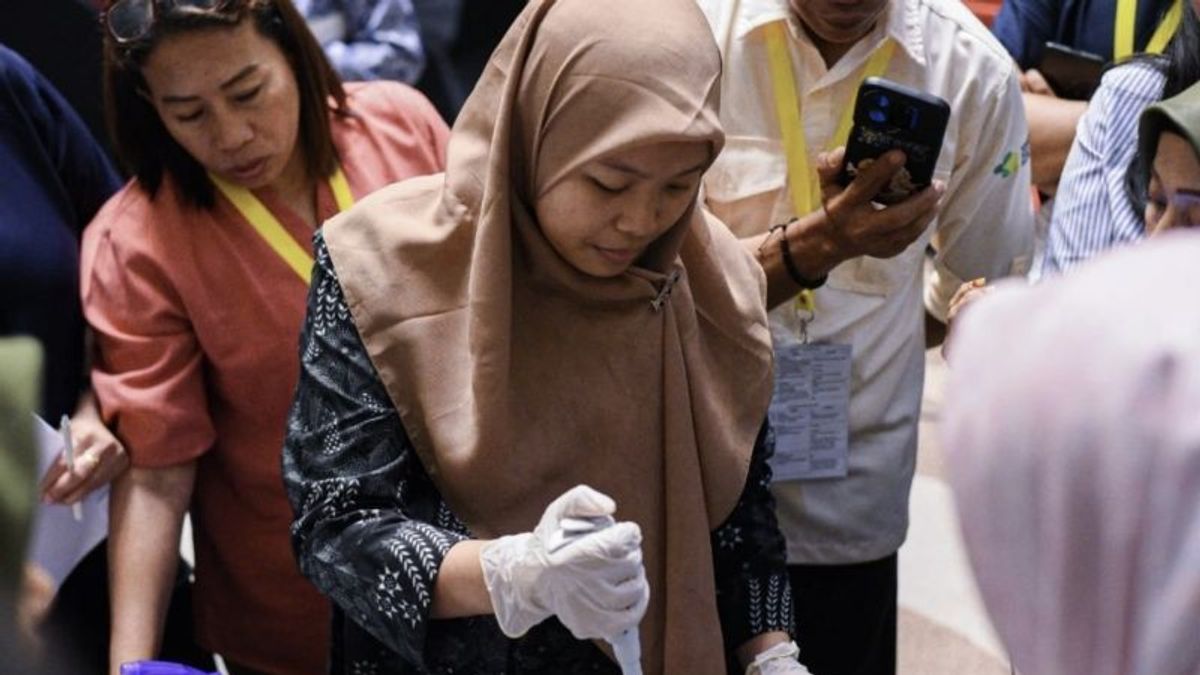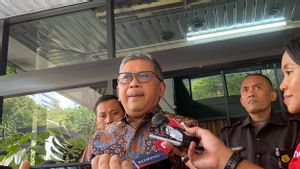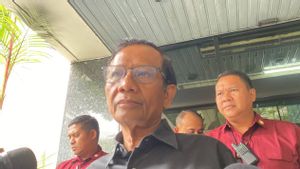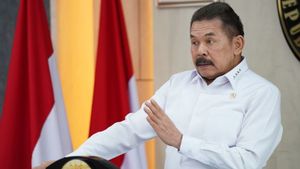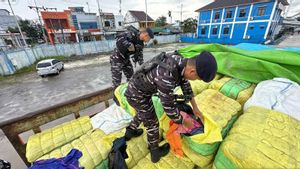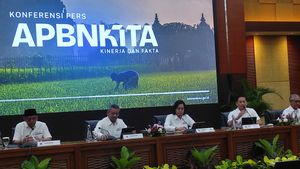JAKARTA - The World Health Organization (WHO) and the European Union (EU) announced cooperation to strengthen Indonesia's health security system to deal with the COVID-19 pandemic in the future.
WHO's representative for Indonesia, N. Paranietharan said the focus of the collaboration was in the form of building health system resilience and increasing access to essential health services.
"The COVID-19 crisis shows many lessons, but there are no more important lessons than the need for solidarity between countries and partners in protecting health and welfare and strengthening the readiness and capacity of emergency responses," he said in a press release received in Jakarta, Antara, Tuesday, February 20.
EU has supported funding for eight ASEAN countries, including Indonesia, in responding to the COVID-19 crisis through the ‘ Southeast Asia Health Pandemic Response and Preparedness ’ program that has been running for the past three years.
This initiative supports WHO and the Indonesian Ministry of Health in strengthening the resilience of the health system and minimizing disturbances in essential health services in the world's fourth most populous country, focusing on vulnerable and marginalized groups.
In addition to supporting the strengthening of the health system, said Paranietharan, this initiative plays an important role in building cross-stakeholder mechanisms such as intra-acts studies, which combines a number of key ministries, academic institutions, and civil society organizations to strengthen Indonesia's pandemic preparedness and response strategies.
The collaboration also ensures conformity with the best international practices, and promotes joint health measures for the entire government and the entire community.
"This initiative also helps build a laboratory information management system and ensures that more than 1,000 laboratories in Indonesia have the capacity to carry out PCR tests and genome sequencing, which is still an important priority," Paranietharan added.
The initiative empowers more than 900 health workers throughout Indonesia to maintain access to quality essential health services in hospitals and health centers, including the implementation of COVID-19 cases, maternal and child health, immunization, telemedicine, environmental health surveillance, and emergency health services.
EU Ambassador to Indonesia, Denis Chaibi, said that the funding from the European Union clarifies its commitment to strengthening pandemic prevention, readiness, and response and providing tangible results in the field.
"The funding from the European Union clarifies its commitment to strengthening pandemic prevention, readiness and response and providing tangible results on the ground," he said.
The years-long partnership between WHO and EU is in line with Indonesia's health transformation agenda, which was launched in 2022 to provide long-term benefits, by helping prepare and prevent health crises such as the ongoing COVID-19 outbreak, flu, and other respiratory tract diseases.
WHO is also committed to the Government of Indonesia to strengthen Indonesia's laboratory network, increase surveillance, and intensify inter-sectoral coordination.
This effort also complements primary health services, overcomes non-communicable diseases, and controls anti-microbial resistance, in addition to overcoming cross-sectoral challenges such as climate change, gender equality, human rights, and inclusion of disability.
SEE ALSO:
The English, Chinese, Japanese, Arabic, and French versions are automatically generated by the AI. So there may still be inaccuracies in translating, please always see Indonesian as our main language. (system supported by DigitalSiber.id)
Most Popular Tags
#Prabowo Subianto #Flood #ramadan #gaza #Tom Lembong #bp danantaraPopular
07 Maret 2025, 00:04
